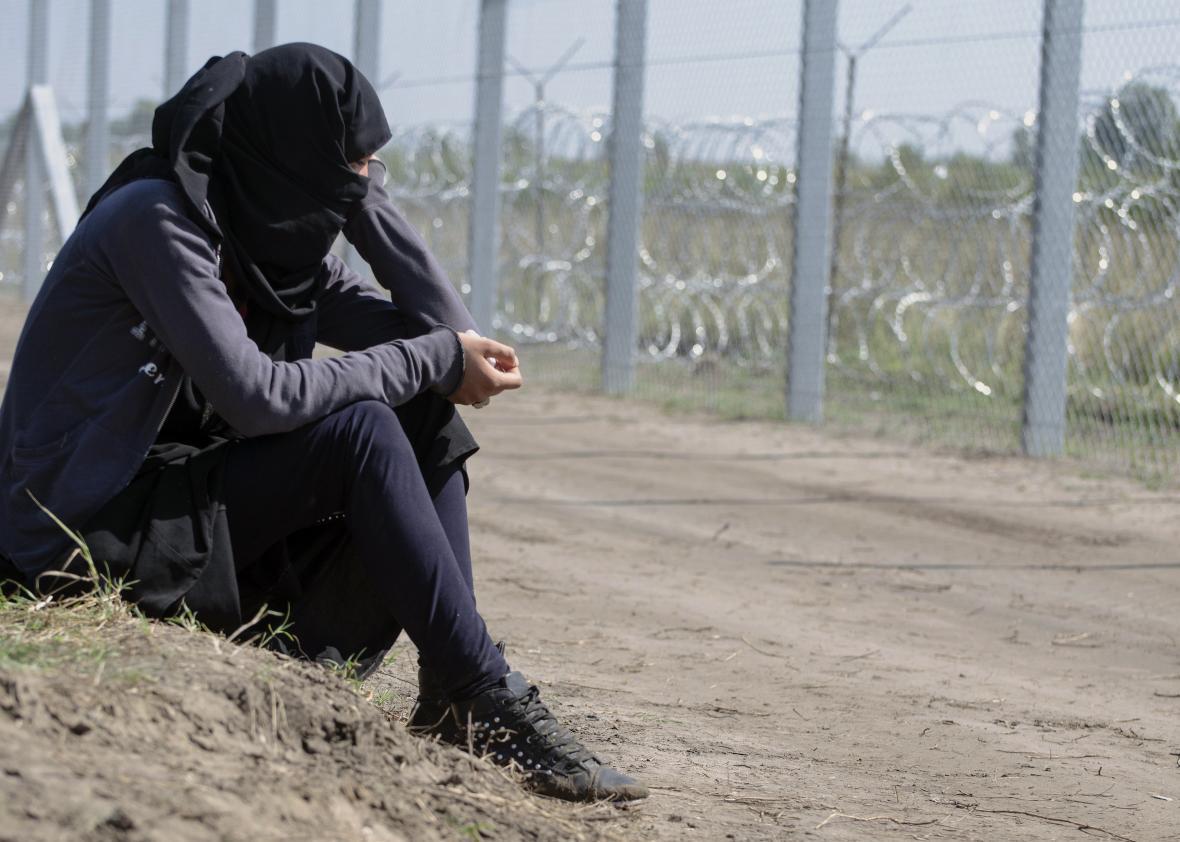It’s been 30 years since the Schengen agreement, the landmark treaty that abolished internal border controls within Europe. Since then, visa-free travel within the Schengen zone has become one of the main pillars of the European project—in some ways, it’s more central than the European Union itself, as some of the 26 countries in the zone are not EU members. But thanks to an unprecedented influx of migrants and concerns over terrorism, the future of Europe’s open borders is in doubt.
Today, Hungary dispatched more than 2,000 police officers to its border with Serbia and fired tear gas to prevent record numbers of refugees from crossing into the country. Hungary also recently announced plans to build a fence on the border. The incident follows a violent clash between riot police and migrants on the Macedonia-Greece border last week. The countries on Europe’s periphery are on the front lines of the migrant waves looking to enter the Schengen area, mainly from the Middle East and Africa. Most are looking to travel to prosperous and migrant-friendly countries such as Germany and Sweden. (Relatively friendly: Chancellor Angela Merkel this week condemned the increasing number of attacks on asylum centers in Germany.) The migrant influx is bad news for countries on Europe’s periphery looking to join Schengen: Kosovo was recently told it wouldn’t get visa-free status until the refugee influx stopped. More seriously, the crisis threatens the open borders within Europe.
Denmark’s new right-wing government last month imposed new security controls on its border with Germany. France has done the same on its border with Italy. Neither move technically violates Schengen: Under reforms enacted in 2013 in response to a previous surge in migration, countries are allowed to impose temporary controls for security reasons. But Denmark and France’s measures are being reasonably viewed as a sign of things to come.
Some European leaders are calling for a rethinking of Schengen,. Finnish President Sauli Niinistö warned this week that “free movement cannot mean uncontrollable movement.” Following the foiled terrorist attack on a train from Amsterdam to Paris last week, Belgium’s Prime Minister Charles Michel called for the rules to be amended to allow more checks of the identities and luggage of passengers traveling between European countries. Others who support Schengen have warned that it will collapse unless Europe can work out a unified response to the migrant crisis.
Italy’s foreign minister stated a few days ago that “what is at risk is one of the fundamental pillars of the European Union: the free circulation of people.” German Interior Minister Thomas de Maizière told the BBC that passport-free travel may be “in danger.”
Brussels has so far ruled out any changes. “Schengen is not negotiable,” said a European Commission spokesman this week. EC President Jean-Claude Juncker denounced those who would undo “one of our very greatest achievements.”
But it’s certainly looking like Europe may have just dodged one threat to its unity—a rush to exit the common currency—only face a much more serious one.
